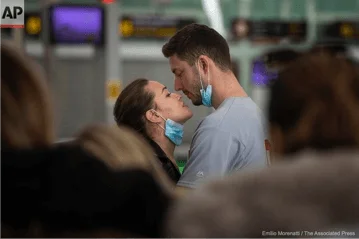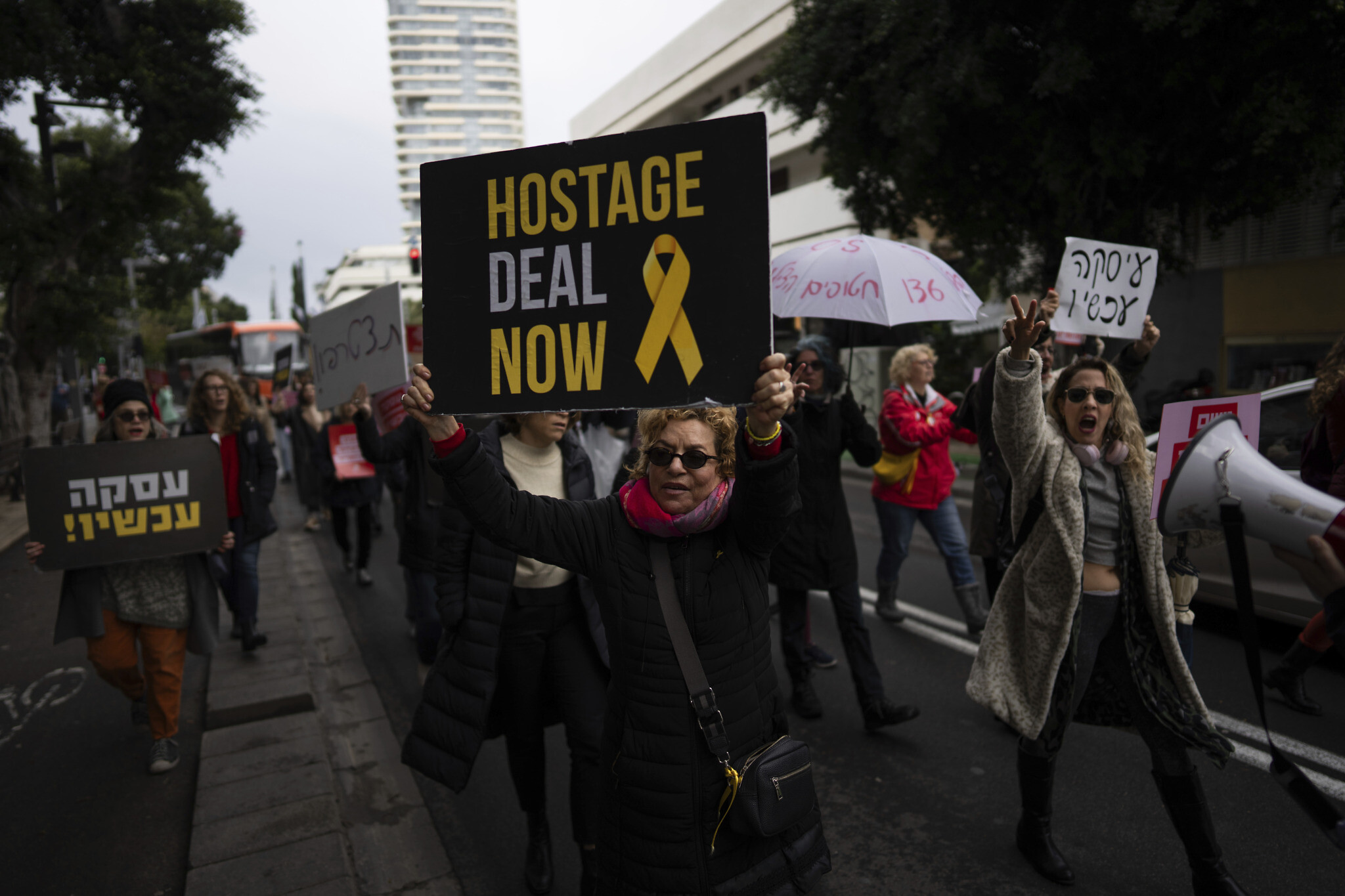Trump's Battle To Be On US President’s Ballot, 'Trump Versus Anderson' In The Us Supreme Court

Rajiv Chavan
Senior Advocate
July 28, 2020.
The Hon’ble The Chief Justice,
Bombay High Court,
Fort, Mumbai.
Hon’ble Mr. Justice Dipankar Datta,
Re: Ensuring the delivery of justice during the COVID-19 Pandemic
The High Court and lower courts in Maharashtra have been closed for physical hearings since March 22, 2020. The High Court and lower courts have not taken up any matters except for those tagged as “urgent” for almost four months. A similar situation prevails in almost every judicial forum across the world. In the U.K., U.S.A., France, Germany, Japan, Singapore, Australia, Netherlands, Canada and several other countries, courts are holding proceedings with regard to ‘urgent matters’ only and are almost all closed.
Many Senior Advocates and lawyers’ groups have written to request that you initiate “physical hearings” in courts across Maharashtra state. I have noticed that your Lordship and other Hon’ble Judges on the administrative committee of the Hon’ble High Court rightly believe that “physical hearings” cannot be initiated in courtrooms at the moment, due to the widespread and escalating COVID-19 pandemic across the state.
Unfortunately, matters that are now not identified as “urgent” have not been heard for over four months. We have no clarity regarding the duration that the regular and “physical” functioning of courtrooms and workplaces will be suspended because of the ongoing pandemic. The number of COVID-19 patients is increasing every day almost by a count of 50,000 in India and by approximately 10,000 in Maharashtra. In light of this extremely grave situation, how feasible and wise is it to even suggest holding “physical hearings” in courtrooms in such dangerous times? The most obvious answer is that it is not advisable to do so. Any decision to hold physical hearings at this time would be disastrous, threatening the lives of court and administrative staff, judges, lawyers and even litigants.
However, with judicial forums at a near standstill for nearly four months, distressed litigants who want their matters to be heard by courts have been unable to do so, except in cases designated as “urgent.” Matters such as regular bail, child custody, domestic violence, divorce, testamentary issues, transfer petitions, quashing petitions, arbitration petitions, etc. are of an equally urgent nature and need to be heard at the earliest. Courts have not heard matters related to these issues since March, as these are not treated as “urgent.” Further, lawyers have not been able to perform their duties as officers of the court, consequently no longer receiving an income to support themselves. Litigants and their lawyers are concerned, since their matters which are of an urgent nature are not being heard at all.
My Lord, as the administrative head of the Hon’ble High Court, you are bestowed with the responsibility to resolve this issue in a manner that will ensure speedy justice to every litigant and an opportunity to lawyers to represent their cause before the Hon’ble courts. Needless to say, this will need to be achieved without putting the lives of court and administrative staff, judges, lawyers and litigants at health risks.
Here are some suggestions for the implementation of a safe, efficient plan to hear matters, which Your Lordship may put before the committee of administrative judges as well as the Bar associations:
1.The High Court and lower courts must develop state-of-the-art courtrooms with the best technology available on war footing, where the virtual hearing of court proceedings could be conducted on a regular basis. As of now in Mumbai, nearly 10 courts are sitting every week and taking matters via video-conferencing, whereas in pre-pandemic times, about 30 courts would sit every week. Let all the courts resume functioning and take up a limited number of regular matters via video-conferencing every day. This will reassure litigants and lawyers that courts are available to deliver justice, without compromising the lives of court staff, judges, lawyers and litigants.
2.If the necessary technology to start all the sittings of virtual courts is presently unavailable, then the Hon’ble High Court may increase the number of benches hearing bail matters from 1 bench per day which is currently the position to 6 to 8 benches per day. Qualifying regular bail matters as “not urgent” amounts to the deprivation of fundamental right to personal liberty in a free and democratic India. If more number of benches can be implemented, then it is likely that the entire backlog of pending bail matters could be heard by the time the pandemic lockdowns end.
3.Presently, only a skeleton staff manages court work for safety reasons and as per social distancing norms. The High Court’s administration must engage ‘special sanitised vehicles’ on a contract basis to make the travel of court staff safe and feasible and ensure that sufficient staff will be available for conducting ‘virtual courts’. If funds are not available in the budget, then the State Government could be approached for funding this initiative.
4. I suggest that even after the lifting of the lockdown and after the threat of COVID19 comes to an end, certain courts, Registrar’s courts, Prothonotary's Court could continue taking up matters via video-conferencing. Of course, this should be in addition to courtrooms where physical hearings take place.
5.Courts can mandate compulsory electronic filings and registering of pleadings/ applications with synopsis of arguments and the law relied upon. In the ordinary course, matters could be decided based on the pleadings, synopsis and written submissions.
6.A system should be developed so that Courts should ensure that witnesses should be examined via videoconferencing so that it will save time as well as money.
7.Lawyers may be asked to submit written submissions, and arguments could be held via videoconferencing.
8.The High Court must consider a facility of ‘remote virtual hearing room,’ to enable the administration to ensure that courtrooms are not crowded and ‘social distancing’ is maintained even after the lockdown is lifted.
9.The Judiciary and the Bar Council/ Bar associations will have to implement a mandatory programme to educate and train judges and lawyers to use technology in online court proceedings. Today, nearly 80% of lawyers are unfamiliar with ‘virtual hearing’ technology.
My Lord, the duration that COVID-19 may linger is uncertain. It would be irresponsible to believe that this deadly virus will be controlled and dissipate immediately after the lockdown is lifted and/or even by the end of this year. News reports clearly indicate that even in Wuhan in China and other cities around the world, a second wave of COVID-19 has resurfaced. Assuming that the COVID-19 pandemic continues for a long time, courts can still resume full functionality through remote working formats, and deliver justice while maintaining the health advisory mandated social distancing and avoiding crowded court rooms.
On a concluding note, I had the opportunity to observe the Mumbai High Court’s administration at close quarters during my tenure as the President of the Bombay High Court Bar Association for two terms (2013-2015 and 2015-2018). From my experience, I would like to mention to Your Lordship and the administrative judges of the High Court that at present the Registrar General tends to function as the virtual CEO of the High Court. Since this individual has a judicial background, he is able to handle judicial responsibilities, but has little to no administrative experience and knowledge regarding the running of an administration and the implementation of various projects, such as the e-court project, etc. Consequently, the administration and projects undertaken by the judiciary suffer enormously.
The judiciary must change this structure once and for all. It must take a practical decision to appoint a highly professional and competent person, who does not hail from the judiciary, as an administrative ‘CEO’ to run the administration of the High Court. This will go a long way towards resolving the administrative issues that the judiciary often faces and will ensure the result-oriented implementation of projects without delays.
It is high time that the judiciary takes some innovative decisions in this regard without worrying about the loss of control over the judicial apparatus which has always been and will continue to be firmly under its control.
With very warm regards and wishes for your good health.
Yours sincerely,
Rajiv Chavan
Senior Advocate
Former President, AAWI (2013-2015, 2015-2018}
Copy To:
- Hon’ble Justice A.S. Sayed
- Hon’ble Justice S.S.Shinde
- Hon’ble Justice K.K. Tated
- Hon’ble Justice P.B. Varale
Enclosed: Copy of my blogpost: “COVID-19 Impact On Courts World-Wide And Lessons For Indian Judiciary.”
Link - https://bit.ly/30X3kkO


































